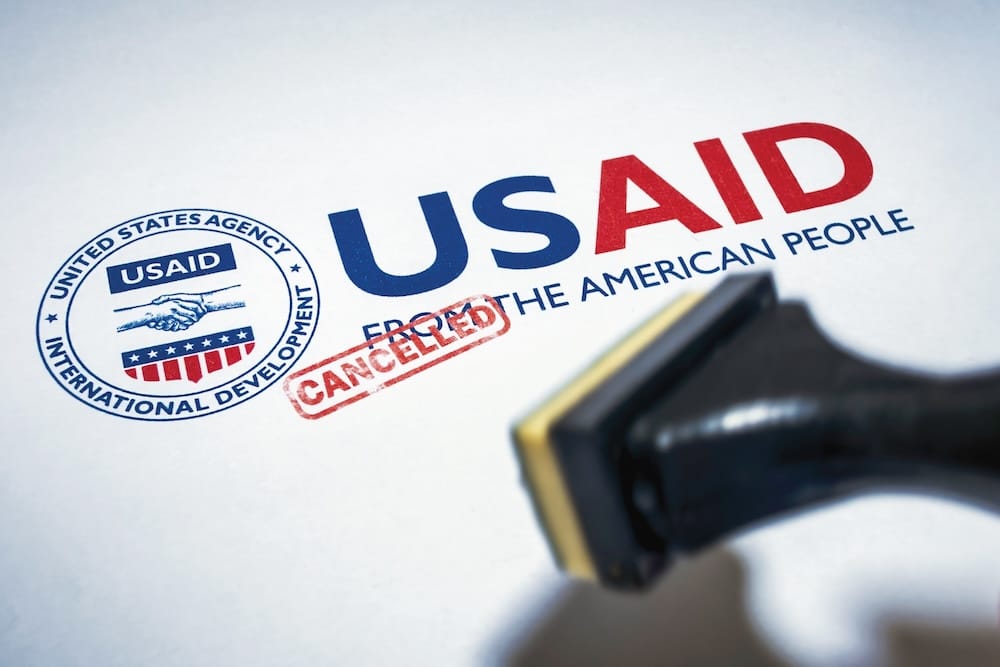

Decade-Long Fraud Scheme Exposed at USAID
A shocking bribery scheme involving the U.S. Agency for International Development (USAID) has come to light, with four individuals pleading guilty to their roles in a fraud that spanned over a decade. The Department of Justice announced on June 12 that the scheme involved at least 14 prime contracts worth more than $550 million in U.S. taxpayer dollars. This corruption, centered on improperly awarded contracts, has raised serious concerns about oversight and accountability in government contracting.
The individuals involved include Roderick Watson, 57, of Woodstock, Maryland, a USAID contracting officer who pleaded guilty to bribery of a public official. Alongside him, Walter Barnes, 46, of Maryland, owner of Vistant, admitted to conspiracy to commit bribery of a public official and securities fraud. Darryl Britt, 64, of Florida, owner of Apprio Inc., and Paul Young, 62, of Maryland, president of a subcontractor to Vistant and Apprio, both pleaded guilty to conspiracy to commit bribery of a public official.
Details of the Bribery and Corruption
The scale of the fraud is staggering, with Roderick Watson alone admitting to receiving over $1 million in bribes. These bribes included cash, laptops, and thousands of dollars in tickets to NBA games and other lavish gifts, as detailed in court proceedings in Greenbelt, Maryland. The Department of Justice highlighted that this decade-long scheme exploited taxpayer funds meant for international development, diverting them through corrupt practices.
The involvement of corporate executives like Barnes, Britt, and Young points to a systemic issue within the contracting process. Their companies, Vistant and Apprio Inc., benefited from the improperly awarded contracts, undermining the integrity of USAID's mission. This case underscores the need for stringent measures to prevent such abuses of power and ensure that public funds are used as intended.
Justice Served and Ongoing Concerns
The guilty pleas mark a significant step toward accountability, with potential sentences reflecting the severity of the crimes. Watson faces up to 15 years in prison for his role, while the others await sentencing for their conspiracy charges. The Department of Justice's pursuit of justice in this matter sends a clear message that corruption at this level will not be tolerated.
However, the revelation of such a massive fraud raises broader questions about how deep the corruption may run within government contracting. The fact that this scheme persisted for over a decade without detection is a troubling indicator of gaps in oversight. As the legal process continues, there is a pressing need for reforms to safeguard taxpayer dollars and restore trust in agencies like USAID.
Dues are $12 per year. Member benefits:
✅ Ad-Free Website Viewing
✅ Advocacy for Republican Seniors
✅ 120+ Senior Discounts
✅ Member Only Newsletters